One-shot Defect Recognition in Steel Surfaces through Deep Learning and CNN Algorithms
Problem Definition
The traditional method of identifying manufacturing defects in steel surfaces presents a significant challenge, as it relies heavily on manual inspection processes that are prone to human error and lack consistency and effectiveness. This results in a labor-intensive approach that not only hinders productivity but also leads to inaccurate outcomes. The need for a more efficient and accurate solution is crucial in the manufacturing industry to ensure the quality of steel products meets the required standards. The proposed automatic system utilizing image processing techniques in MATLAB aims to address these limitations by providing a more reliable and precise method of detecting surface defects in steel. By reducing the dependence on manpower and enhancing performance, this system has the potential to revolutionize the process of steel surface defect detection and improve overall manufacturing efficiency.
Objective
The objective of the project is to develop an automatic system using image processing techniques in MATLAB to detect manufacturing defects in steel surfaces. By implementing machine learning techniques and utilizing pre-trained deep learning networks, Convolutional Neural Networks (CNN), and Principal Component Analysis (PCA), the project aims to reduce reliance on manual inspection processes, increase accuracy, and improve overall manufacturing efficiency. The goal is to revolutionize the process of steel surface defect detection by creating a more reliable and efficient solution that meets required quality standards in the manufacturing industry.
Proposed Work
The proposed project aims to address the inefficiencies and inconsistencies in traditional methods of identifying manufacturing defects in steel surfaces through the implementation of an automatic system using image processing techniques. By utilizing a combination of automatic image processing and machine learning techniques, the project seeks to reduce manpower, enhance processing efficacy, increase accuracy, and mitigate the impact of existing noise. The choice of utilizing a pre-trained deep learning network and a Convolutional Neural Network (CNN) model was made to streamline the automation process while ensuring robust defect detection and classification. Additionally, the incorporation of Principal Component Analysis (PCA) for feature extraction serves to simplify the image classification process, further optimizing the overall efficiency of defect detection on steel surfaces. The project's approach is rooted in leveraging advanced technologies and algorithms to create a more reliable and efficient solution to detect manufacturing defects, ultimately improving the quality and reliability of steel surface inspections.
Application Area for Industry
This project can be applied in various industrial sectors such as automotive manufacturing, construction, and metal fabrication industries where steel surfaces are commonly used. The proposed solutions of automatic defect detection through image processing techniques can address the challenges of manual inspection processes, inconsistent results, and labor-intensive methods. By implementing this system, industries can benefit from reduced manpower requirements, enhanced efficiency, and more accurate defect identification, leading to overall improved product quality and cost savings. The use of machine learning algorithms and deep learning networks can provide a more reliable and consistent method of detecting defects, ensuring higher precision and reliability in the manufacturing process across different industrial domains.
Application Area for Academics
The proposed project can significantly enrich academic research, education, and training in the field of image processing, machine learning, and defect detection in manufacturing. The innovative approach of using automatic systems to detect manufacturing defects in steel surfaces can provide a more efficient and accurate method compared to traditional manual techniques.
This project has the potential to be a valuable resource for researchers, MTech students, and PHD scholars interested in exploring advanced techniques in image processing and machine learning. By providing code and literature on the implementation of pre-trained deep learning networks and Convolutional Neural Networks for defect detection, researchers can leverage this knowledge to further enhance their studies in the field.
In educational settings, this project can be used to teach students about the application of machine learning algorithms in real-world industrial scenarios.
By demonstrating the practical use of image processing and machine learning in manufacturing defect detection, students can gain valuable insights into the potential applications of these technologies.
Furthermore, the project's focus on automation and accuracy in defect detection can pave the way for future research in improving quality control processes in manufacturing industries. By optimizing detection algorithms and enhancing image processing techniques, researchers can explore new avenues for increasing efficiency and reducing errors in manufacturing processes.
The use of MATLAB software and algorithms like pre-trained deep learning networks and Convolutional Neural Networks makes this project relevant to researchers working in the areas of computer vision, image processing, and machine learning. By exploring these technologies, researchers can develop new methodologies for defect detection in various materials and surfaces.
In conclusion, the proposed project has the potential to enrich academic research, education, and training by providing a practical example of how advanced image processing and machine learning techniques can be applied to solve real-world problems in manufacturing. The project's focus on automation, accuracy, and efficiency sets a strong foundation for further innovation in the field of defect detection and quality control.
Algorithms Used
The project predominantly utilized two algorithms. The first one is a pre-trained deep learning network for reducing noise from the images. This algorithm serves to enhance the quality of images before they undergo classification. Secondly, a Convolutional Neural Network (CNN) was used for the actual detection and classification of defects on the steel surfaces. Both algorithms work in tandem to expedite and enhance the overall defect detection process.
The automation aspect was achieved by using a pre-trained deep learning network and a Convolutional Neural Network (CNN) model. The procedure reduces noise impact on the images and then applies detection and classification using the CNN model. The work also involved running different options like pre-training, checking pre-trained model results, and testing on single images to verify and optimize results. Feature extraction was further implemented with the Principal Component Analysis (PCA) for simplification purposes, aiding in efficient image classification.
Keywords
Manufacturing Defects, Steel Surface, Automatic System, Image Processing, MATLAB, Deep Learning Network, Convolutional Neural Network (CNN), Feature Extraction, Principal Component Analysis (PCA), Noise Reduction, Image Classification, Pre-Trained Model, Training, Precision, Recall, Accuracy, Automation, Machine Learning Techniques, Detection, Classification, Manpower Reduction, Performance Enhancement, Efficacy Improvement, Human Error Minimization, Labor Ineffectiveness, Traditional Methods, Efficiency Optimization, Pre-Training, Testing, Single Images, Results Verification, Optimization, Consistency Improvement.
SEO Tags
Manufacturing Defects, Steel Surface, Automatic System, Image Processing, MATLAB, Deep Learning Network, Convolutional Neural Network (CNN), Feature Extraction, Principal Component Analysis (PCA), Noise Reduction, Image Classification, Pre-Trained Model, Training, Precision, Recall, Accuracy, Machine Learning Techniques.
| Shipping Cost |
|
No reviews found!













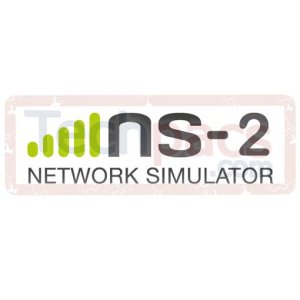
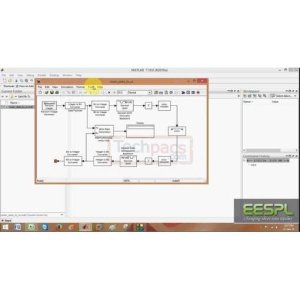
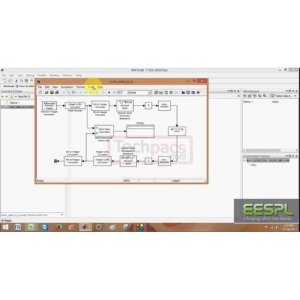
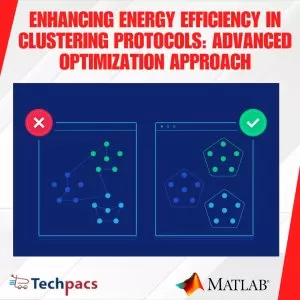
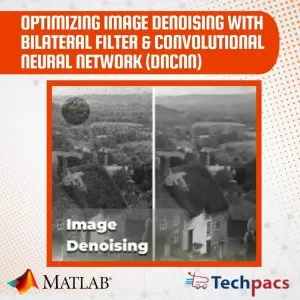
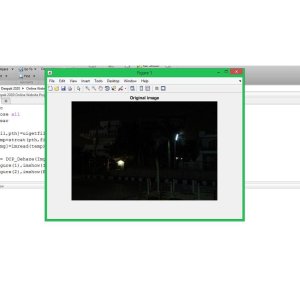
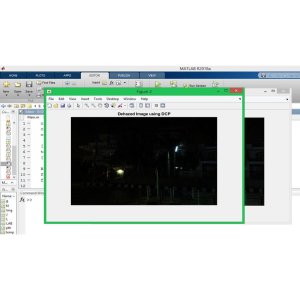































No comments found for this product. Be the first to comment!